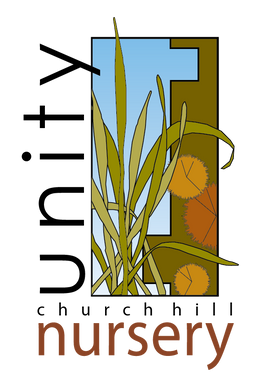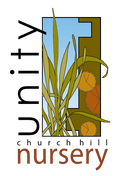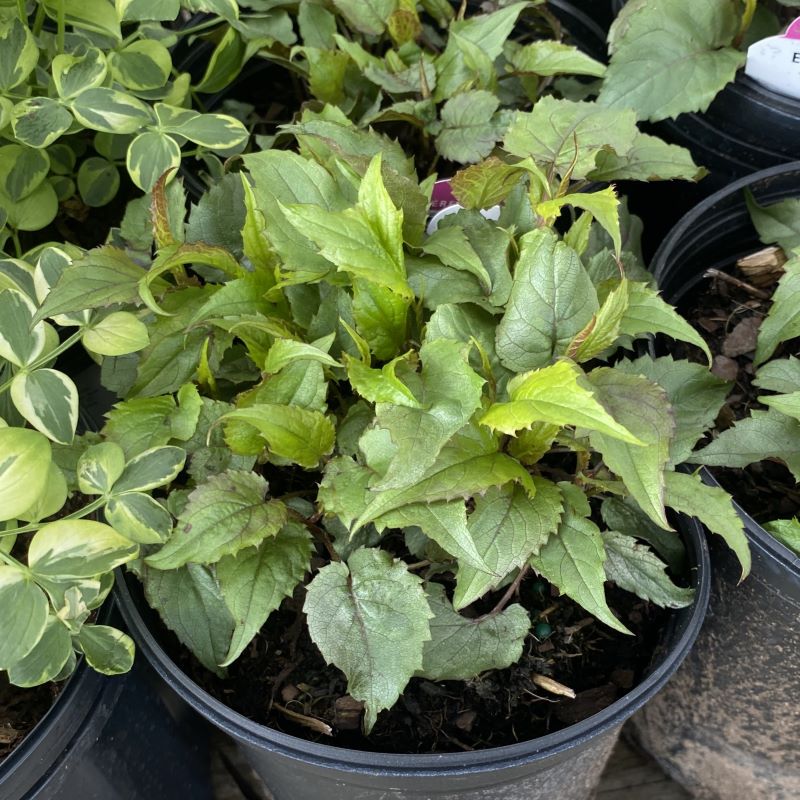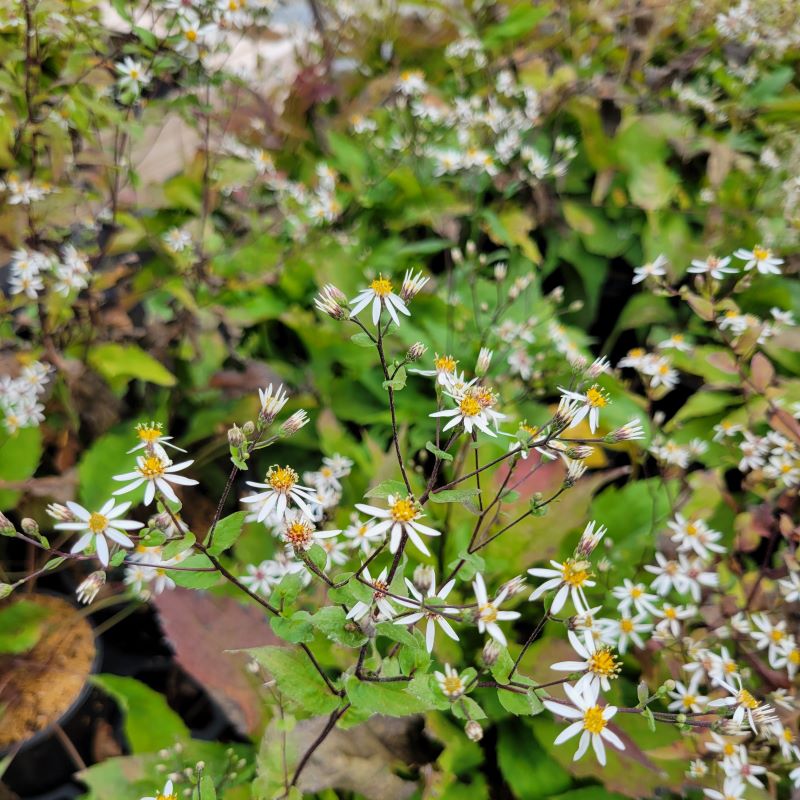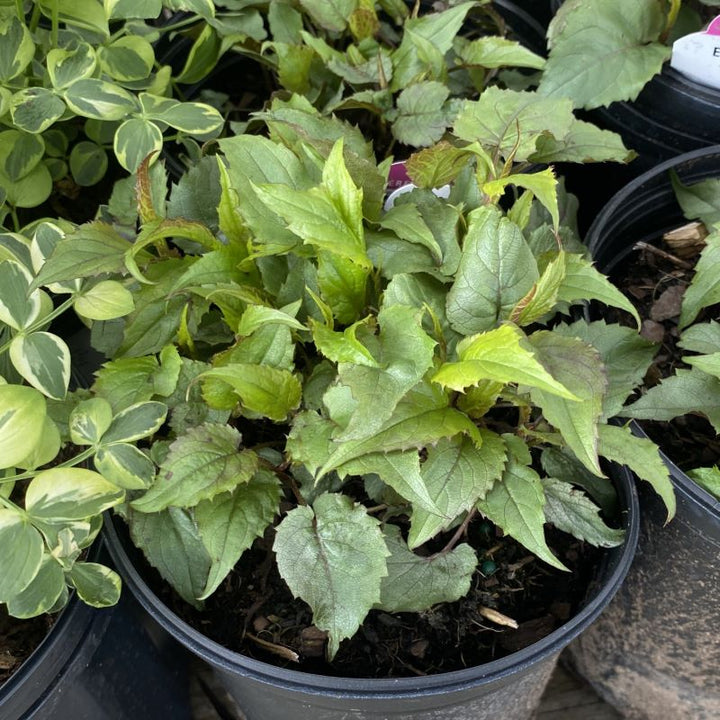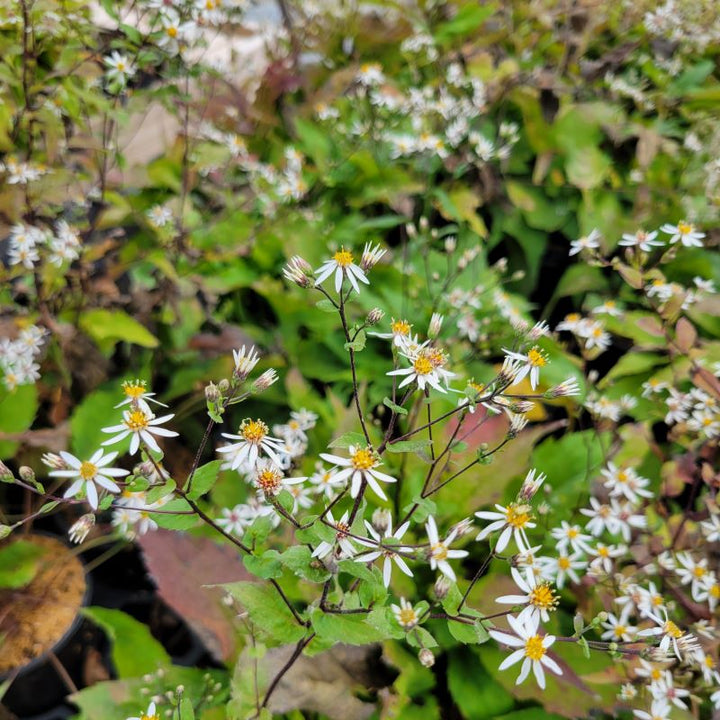Eurybia divaricata 'Eastern Star' (Aster divaricatus) (White Wood Aster)
- In Stock
- Inventory on the way
Eurybia divaricata (syn. Aster divaricatus), often referred to as white wood aster, is a native, clump-forming perennial wildflower indigenous to most of northeastern North America; the 'Eastern Star' cultivar of white wood aster is noted for its compact size, growing to only 12-18" tall, as well as its stocky, vigorous growth even in deeply shaded locations. Despite its smaller stature, 'Eastern Star' produces profuse white, daisy-like flowers, which are among the first to bloom in late summer, lasting through well into early autumn.
Though the straight species, Eurybia divaricata, grows in woodlands, meadows, and near bodies of water, the 'Eastern Star' cultivar's compact habit gives it better resistance to dry locations and seasonal drought, making it an attractive choice for dry shade plantings. White wood aster provides a valuable food source for pollinators in the later months of summer and fall, and their persistent seeds are eaten by migratory birds through the late fall and into the winter; white wood aster reproduces easily by seed, though 'Eastern Star' does not come true from seed, so it may be beneficial to deadhead flowers after bloom.
